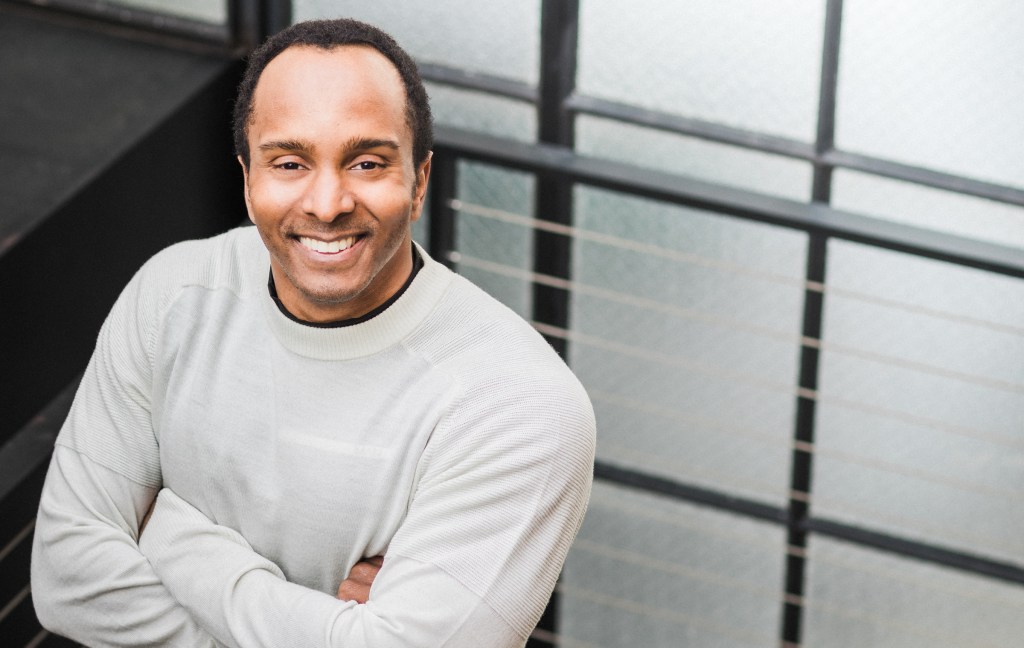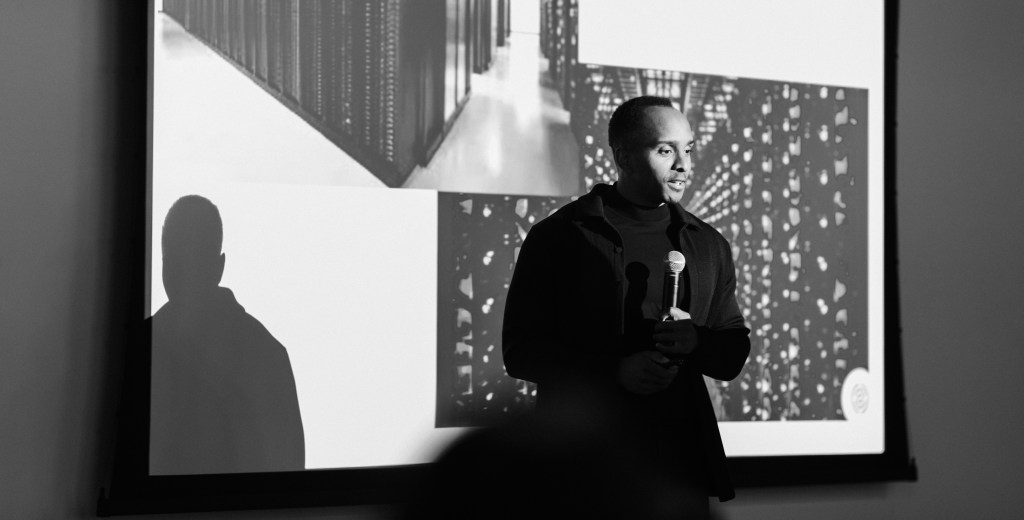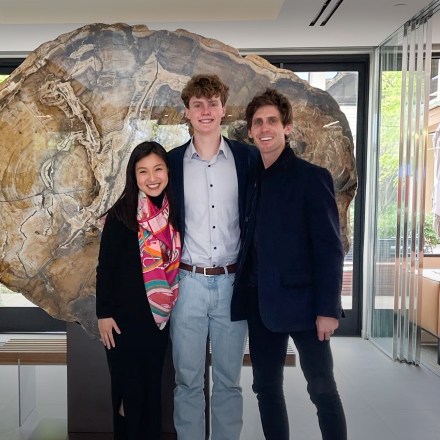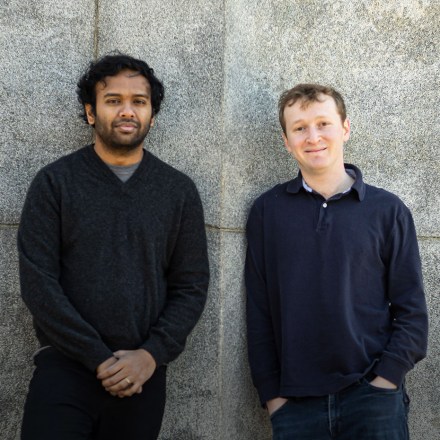Partnering with Foundry: AI Compute, On Demand
Jared and his team are unlocking a massive supply of GPU time for the next generation of AI.

A couple of years ago, Jared Quincy Davis had a problem. He was pursuing a Ph.D. in machine learning at Stanford, and getting the GPU time he needed to train his models was proving difficult. He and every other student who needed access to hardware had to reserve a time slot on a Google Sheet to exclusively hold a block of hardware, then wrap up in time for the next student’s window. A polymath with interests that included AI, distributed systems, crypto and economics, Jared was working with more than one advisor, each with their own GPU cluster—and he knew that if he could use those clusters at the same time despite their heterogeneity and separation, and effectively orchestrate the compute and split workloads across them, he could train models far more quickly. But there was no practical way to do so.
While studying for his doctorate, Jared was simultaneously working as a research scientist on DeepMind’s Core Deep Learning team—and before that, he’d been at BCG and KKR, where his work included data center projects—so his knowledge went beyond those firsthand frustrations with ML model training. He also understood the gaps between distributed systems for traditional cloud environments and what was needed for AI. And he also knew that data center hardware was changing.
In 2021, my partner Andrew Reed met Jared. He realized that Jared and I shared many mutual intellectual curiosities, so he connected us, and we immediately decided to make Jared a Sequoia Scout.
In early 2022, Jared was bursting with unique insights about the coming demand for AI compute and the bottlenecks beginning to emerge. Each time we spoke with him, he had refined his ideas, and in September he started Foundry and we led the seed.
Two months after we partnered with Jared, OpenAI launched ChatGPT and the demand for AI compute exploded, with shortages and bubble prices highlighting the inefficiencies of the market. But luckily for all of us, these problems now have a solution: Foundry, which makes the world’s supply of compute more accessible and useful.
By solving the problem he once faced as a student and configuring models to run on distributed hardware, Jared and his team have opened up a massive supply of underutilized enterprise compute, which can then be aggregated and used. It’s a radical new approach to cloud computing workload orchestration, made possible by re-envisaging fundamental principles in congestion control and resource packing and scheduling, but with AI workloads in mind. Foundry realized that the AI compute ecosystem is bottlenecked not by under-supply, but by under-utilization.
We are proud to partner with Jared not just because he’s building a desperately needed solution to a fast-growing problem, and not just due to his impressive background, but because of who he is. We look for founders with grit, distance traveled, and irrational motivation, and it is clear when you meet Jared that he has all three. He is driven by a desire to honor the life of his mother, who was a computer scientist herself, and by a deeply held belief in technology as a path to a better world. What’s more, he has an incredible range and depth of knowledge—and we also look for founders from whom we can learn.
Jared’s foresight and innovation led to an exceptional 2023 for Foundry, as the company grew revenue from zero to eight figures with happy customers including the Arc Institute, Poolside and Captions. His team has unique experience in systems design for ML and, like its leader, a steadfast commitment to the hard work of making things simple.

It has been a pleasure to watch Foundry grow as Jared joined us for Arc, our company-building immersion for pre-seed and seed-stage companies; as we co-led their Series A; and now as we celebrate the official launch of their groundbreaking product. We know that even after such an auspicious start, there is much more left to do, and we believe Foundry has the potential to not only make the market more efficient, but lead to breakthroughs in economics, climate and beyond. Their mission is nothing short of democratizing compute for the next generation of AI innovations, and we at Sequoia are grateful for the opportunity to support them along the way.


